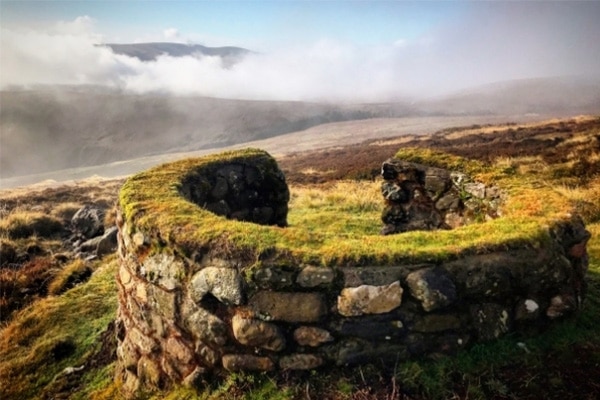
Grouse season – the press edition
Read our round-up of the press and media coverage surrounding the Glorious Twelfth and the opening of the grouse season.
Get information on the legal shooting season for mammals and birds in the UK.
Apply for funding for your project or make a donation today
Comprehensive information and advice from our specialist firearms team.
Everything you need to know about shotgun, rifle and airgun ammunition.
Find our up-to-date information, advice and links to government resources.
Everything you need to know on firearms law and licensing.
All the latest news and advice on general licences and how they affect you.
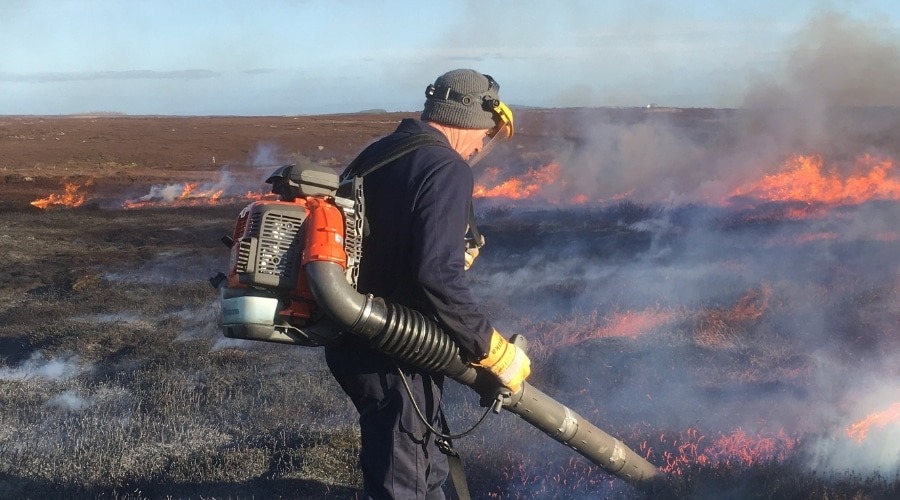
Ian Coghill explores the polarisation of opinion between those for and against controlled burning as part of moorland management, settling who is right and who is wrong.
The settled view of the conservation industry and its friends in Natural England and other regulators is that cool rotational burning, of the sort traditionally practised on grouse moors, is anathema and must be banned. They all hold the view that heather moorland should be re-wet, re-vegetated and left severely alone.
This is a new position. Only a few years ago RSPB was part of the Langholm Project and encouraged gamekeepers to burn, they burned on their own land and were honest about its advantages for biodiversity.
Now that there is funding – lots of funding – for restoring and leaving alone, their position has completely reversed and they miss no opportunity to attack cool burning in outrageous and misleading language. We are ‘burning the peat’ or ‘burning peatland’.
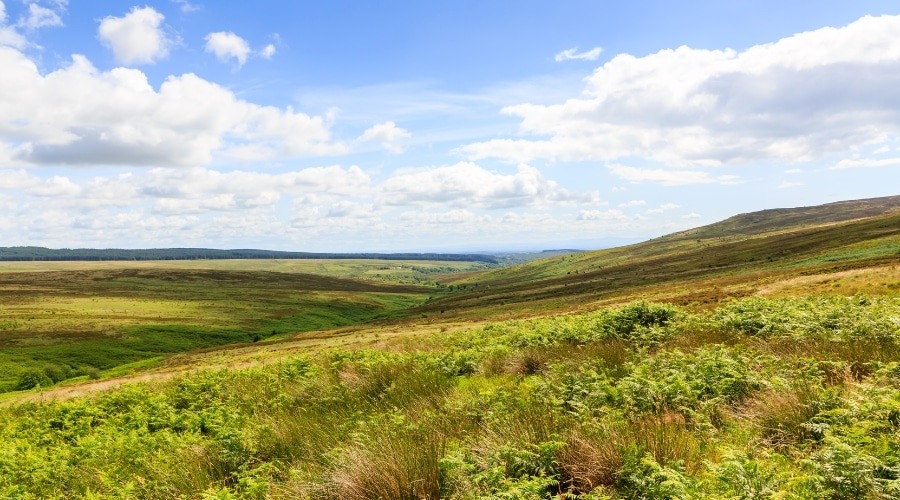
The moorland community takes a different view. That re-wetting and re-vegetating are desirable, but in order to keep the peat and its precious carbon safe, you need to manage the vegetation, to reduce and break up the fuel load.
Moorland managers outside the conservation industry cabal know that this is true. Their view is increasingly supported by the emerging science and the Fire and Rescue Service (FRS).
Until recently, the FRS were careful not to get involved in the argument, but that has changed. They are becoming increasingly and publicly frank about the increasing peril that an unbroken fuel load can cause.
The views of practitioners, the science and the FRS make not a jot of difference to RSPB or their fellows. Nothing shakes their view that ‘rewet and walk away’ is all that needs to happen to keep the moors and their vast carbon stores safe.
The RSPB campaign has almost succeeded; we are now in the bizarre position that the more carbon you have to protect, the less you can do to protect it. Both Defra and NE have entirely bought into a theory, promulgated by RSPB, that wetted moorland will not burn.
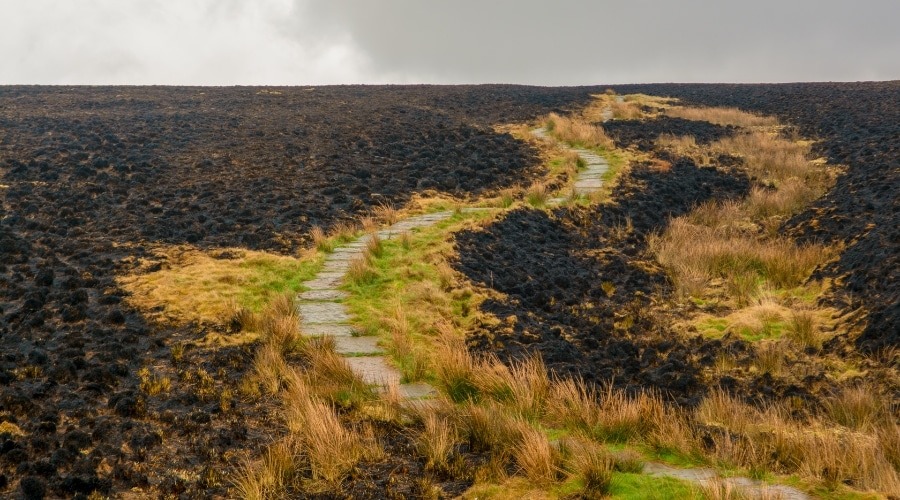
So we have two opposing views. Is there no way to test which is right? Well, there is. There is no need for theories, the answer is hidden in plain sight.
There are lots of moors where cool burning operates and lots of moors run by RSPB or on their theory. All we need to do is to ask which, if any, have been subject to wildfire since the RSPB and co. changed their policy.
There was one privately owned grouse moor that had a catastrophic wildfire, at Stalybridge, but that was managed the RSPB way, because NE would not let them cool burn. I can find no others. There have been hundreds, perhaps thousands of ignitions on grouse moors, but they could not get away because of a combination of fuel load management and prompt action by the gamekeepers.
What about the moors where cool burning has stopped? The list includes Saddleworth, Marsden, Dovestones, Crowden, Darwin, Winterhill, Moray, Forsinard, The Mourne Mountains, and only a few weeks ago, RSPB Corimony.
Several of these places have burnt repeatedly; Saddleworth twice, Marsden Moor so often that I’ve lost count. Nor are these minor events. Saddleworth released 500,000 tonnes of CO2, Moray 700,000, and Forsinard 300,000. That’s 1.5 million tonnes from just just three fires.
It is not even arguable. It is obvious who is right and who is wrong. It would be laughable if it wasn’t tragic. Yet all we get from the RSPB and, perhaps even more disgraceful, from NE, is deny, deny, deny. They should be ashamed, but that is, of course, asking too much.

Read our round-up of the press and media coverage surrounding the Glorious Twelfth and the opening of the grouse season.
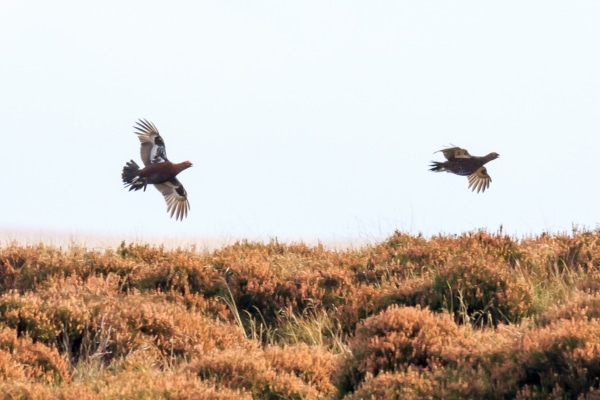
A second day of MSP voting on the Wildlife Management and Muirburn (Scotland) Bill has seen a vital BASC amendment accepted.
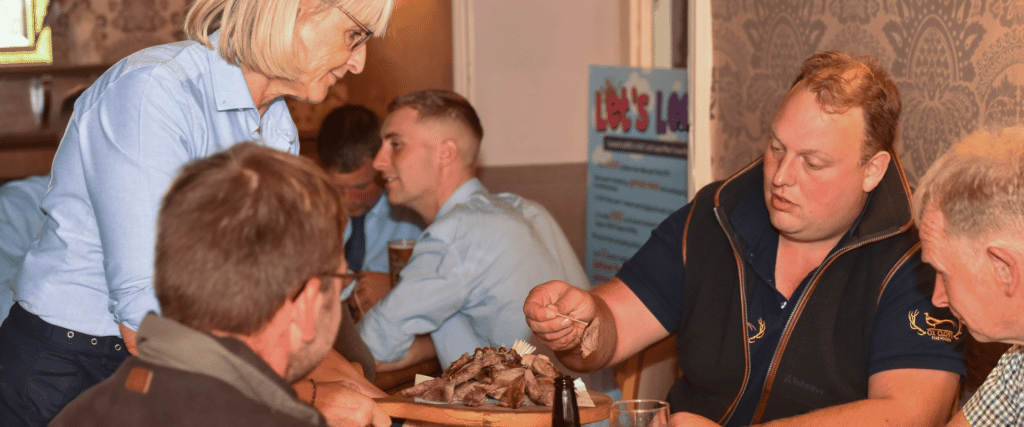
We have all heard the myths around the best type of grouse to eat so we decided to put the theories to the test with a grouse tasting event.
Sign up to our weekly newsletter and get all the latest updates straight to your inbox.
© 2025 British Association for Shooting and Conservation. Registered Office: Marford Mill, Rossett, Wrexham, LL12 0HL – Registered Society No: 28488R. BASC is a trading name of the British Association for Shooting and Conservation Limited which is authorised and regulated by the Financial Conduct Authority (FCA) under firm reference number 311937.
BASC Direct Ltd is an Introducer Appointed Representative of Agria Pet Insurance Ltd who administer the insurance and is authorised and regulated by the Financial Conduct Authority, Financial Services Register Number 496160. Agria Pet Insurance is registered and incorporated in England and Wales with registered number 04258783. Registered office: First Floor, Blue Leanie, Walton Street, Aylesbury, Buckinghamshire, HP21 7QW. Agria insurance policies are underwritten by Agria Försäkring.
If you have any questions or complaints about your BASC membership insurance cover, please email us. More information about resolving complaints can be found on the FCA website or on the EU ODR platform.